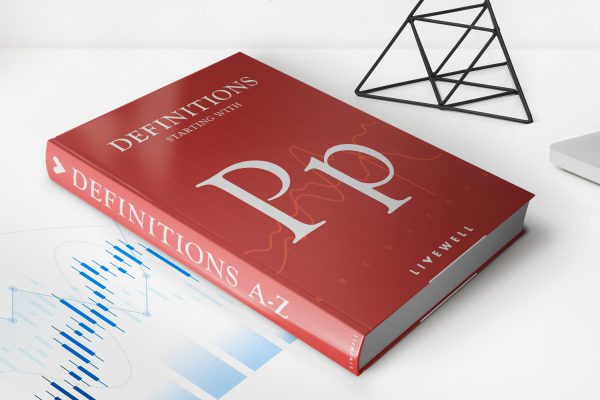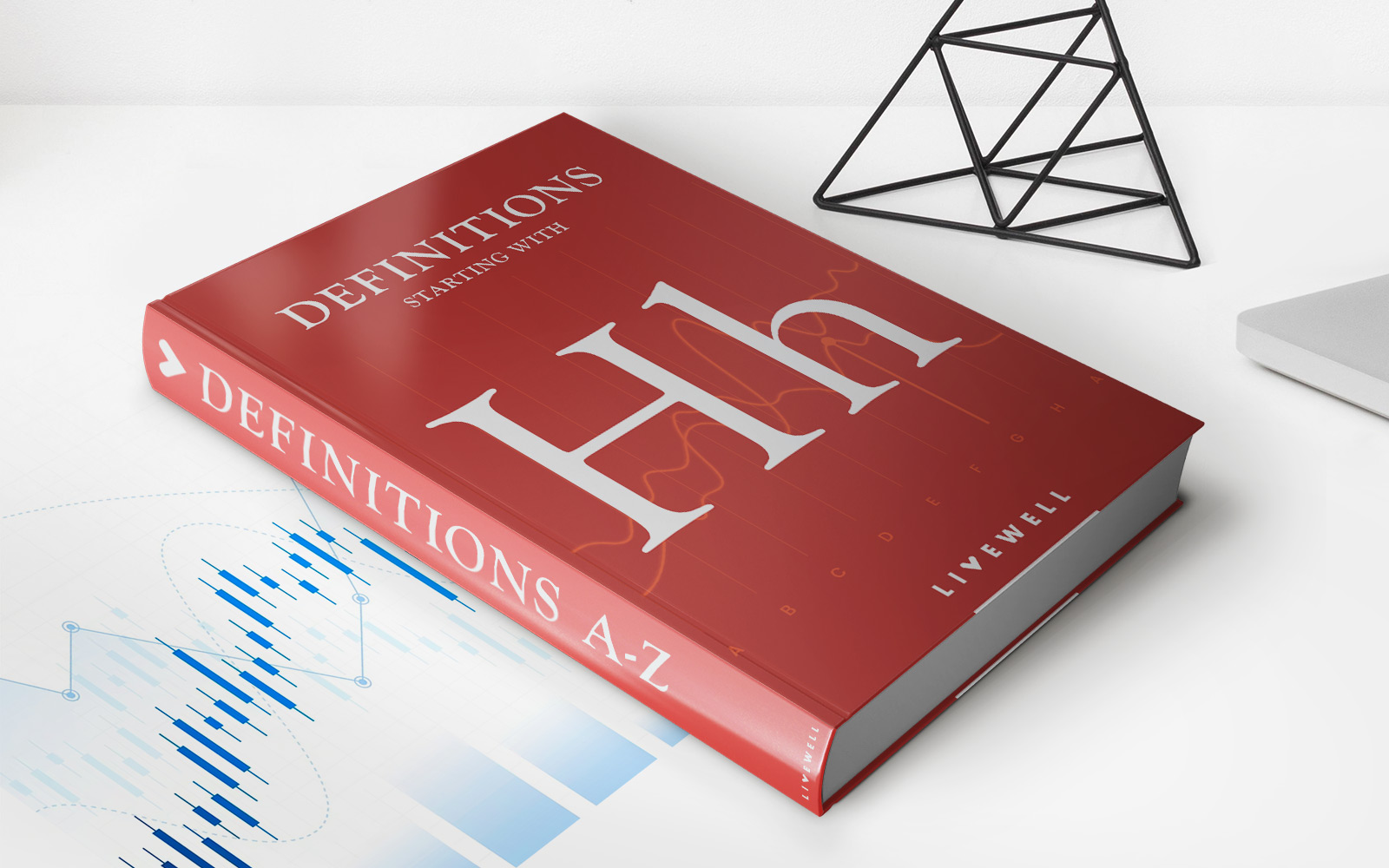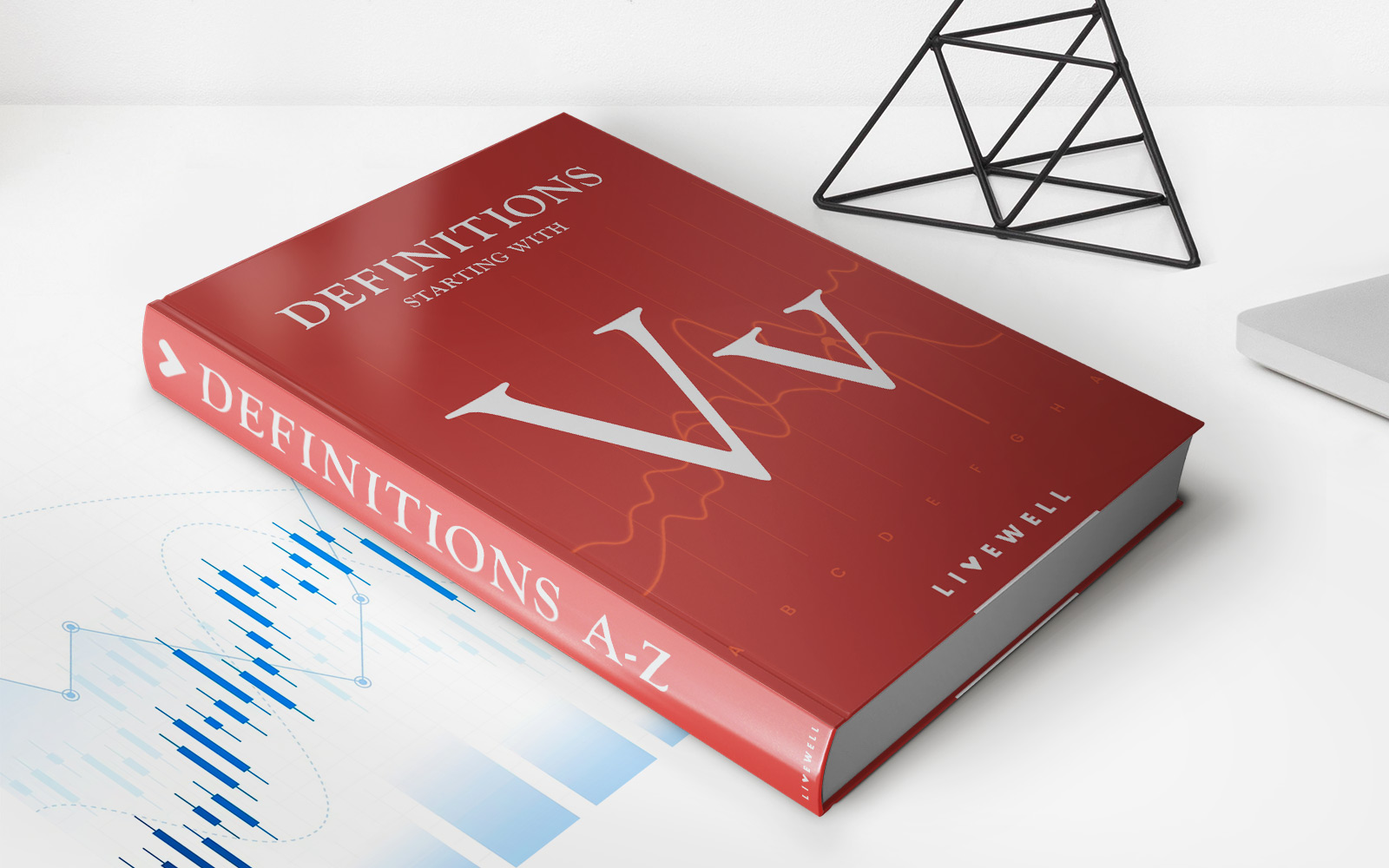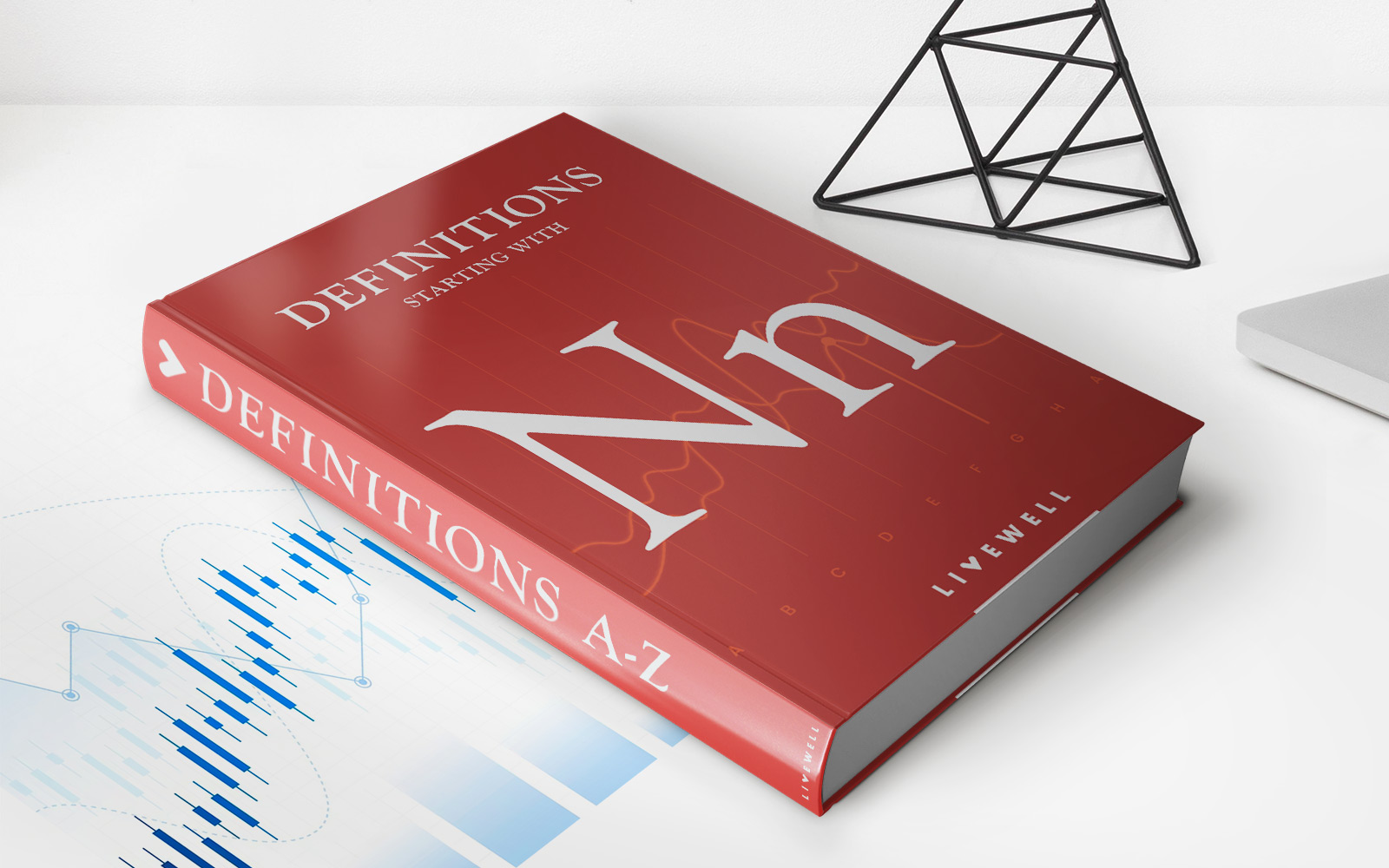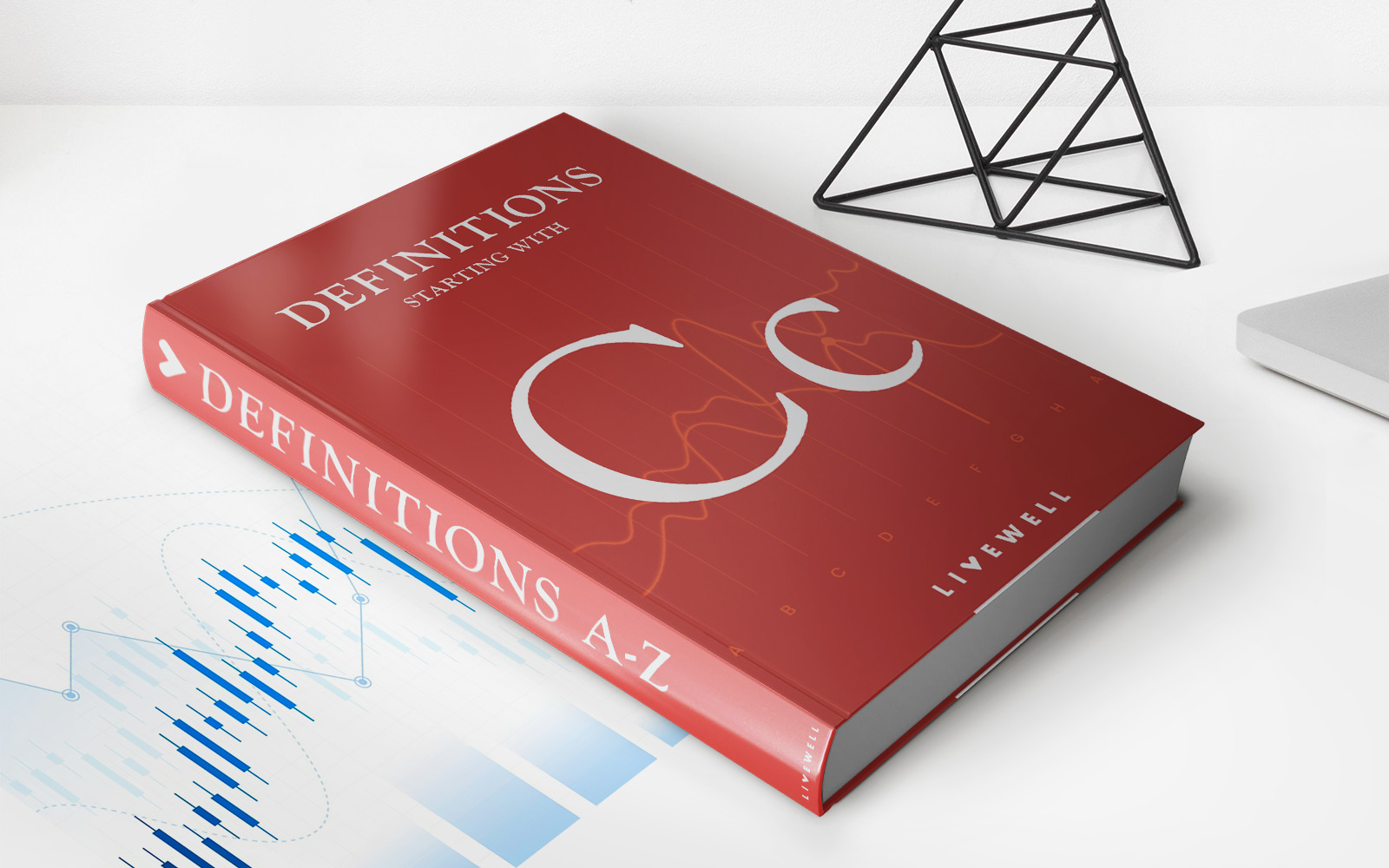

Finance
What Is Portable Life Insurance?
Modified: December 29, 2023
Looking for portable life insurance? Learn how portable life insurance can provide financial security and flexibility. Find out more about portable life insurance options.
(Many of the links in this article redirect to a specific reviewed product. Your purchase of these products through affiliate links helps to generate commission for LiveWell, at no extra cost. Learn more)
Table of Contents
- Introduction
- Definition of Portable Life Insurance
- Importance of Portable Life Insurance
- Types of Portable Life Insurance
- Factors to Consider when Choosing Portable Life Insurance
- Benefits and Drawbacks of Portable Life Insurance
- How to Transfer Portable Life Insurance
- FAQ about Portable Life Insurance
- Conclusion
Introduction
When it comes to protecting your financial future, life insurance plays a crucial role. Life insurance provides a safety net for your loved ones by ensuring financial stability in the event of your passing. While traditional life insurance policies are typically tied to a specific insurer or employer, portable life insurance offers a more flexible and adaptable option.
Portable life insurance, as the name suggests, allows policyholders to easily transfer their coverage from one job or insurer to another. This means that even if you switch jobs or insurance providers, you can maintain the same life insurance policy without interruption. It provides a sense of security and stability, knowing that your policy will remain in effect regardless of any changes in your employment or insurance situation.
As the modern workforce becomes increasingly mobile and dynamic, portable life insurance has gained popularity among individuals seeking greater control and flexibility over their life insurance coverage. It offers numerous benefits and advantages that make it a valuable option for those looking to protect their loved ones in an ever-changing world.
In this article, we will explore the concept of portable life insurance in detail, including its definition, importance, types, factors to consider when choosing a policy, benefits and drawbacks, and how to transfer portable life insurance. By understanding the ins and outs of portable life insurance, you can make an informed decision about whether it is the right option for your unique financial needs.
Definition of Portable Life Insurance
Portable life insurance refers to a type of life insurance policy that allows the policyholder to transfer their coverage from one insurer or employer to another without losing any benefits or facing a gap in coverage. Unlike traditional life insurance policies that are tied to a specific employer or insurance provider, portable life insurance provides individuals with the flexibility to maintain their coverage regardless of any changes in their employment or insurance status.
With portable life insurance, the policy remains intact even if you switch jobs, retire, or decide to change insurance providers. This means that you can continue to enjoy the same level of coverage and financial protection, irrespective of any career or personal life transitions.
One of the distinguishing features of portable life insurance is its transferability. This means that you can take your policy with you when you leave a job or switch insurance providers. You are not dependent on a particular employer or insurer to maintain your coverage. This flexibility allows for greater control over your life insurance and ensures that you can continue to provide for your loved ones, regardless of any shifts in your employment or insurance situation.
Portable life insurance can be particularly beneficial for individuals who have careers that involve frequent job changes, such as contract workers, freelancers, or those in the gig economy. It also provides peace of mind for individuals who value the ability to choose their own insurance provider and policy terms, rather than being limited to the options offered by their employer.
It’s important to note that portable life insurance typically comes in the form of term life insurance policies. Term life insurance provides coverage for a specific period, such as 10, 20, or 30 years. This makes portable life insurance a more flexible option for individuals who may not need coverage for their entire lifetime and prefer to have affordable, temporary protection.
In summary, portable life insurance offers the convenience and flexibility of being able to transfer your coverage from one job or insurance provider to another without any interruptions or loss of benefits. It provides individuals with control over their life insurance and ensures that their loved ones are protected, regardless of any changes in their employment or insurance circumstances.
Importance of Portable Life Insurance
Portable life insurance plays a crucial role in providing financial security and peace of mind for individuals in today’s rapidly changing world. Here are some key reasons why portable life insurance is important:
- Continuity of Coverage: One of the primary benefits of portable life insurance is that it allows policyholders to maintain their coverage even if they switch jobs or change insurance providers. This ensures that there is no gap in protection for yourself and your loved ones.
- Protection for Loved Ones: Life insurance serves as a safety net for your family and dependents. It provides them with financial support in the event of your passing, helping them cover expenses such as mortgages, education, and living costs. With portable life insurance, you can ensure that your loved ones are protected regardless of any career or insurance changes.
- Flexibility and Control: Portable life insurance gives you the freedom to choose your own insurance provider and policy terms. It allows you to customize your coverage based on your specific needs and preferences. This flexibility ensures that you have the right amount of coverage for your unique circumstances.
- Job Mobility: In today’s job market, it is common for individuals to switch jobs multiple times throughout their career. Portable life insurance allows you to carry your coverage with you, eliminating the need to start a new policy each time you change jobs. This not only saves you time and effort but also ensures that you are consistently protected.
- Financial Stability: Life insurance provides a financial safety net for your loved ones. It can help replace your income, cover outstanding debts, and maintain your family’s standard of living in the event of your passing. Portable life insurance ensures that this financial stability remains intact, regardless of any changes in your employment or insurance situation.
- Ease of Transfer: Transferring portable life insurance is typically a straightforward process. Whether you are changing jobs or switching insurance providers, you can easily transfer your policy without the need for medical exams or underwriting. This convenience makes portable life insurance a hassle-free option for maintaining your coverage.
Overall, portable life insurance offers peace of mind and financial protection in an ever-changing world. It allows you to establish a long-term plan for your loved ones’ financial well-being, ensuring that they are cared for regardless of any career or insurance transitions you may experience.
Types of Portable Life Insurance
Portable life insurance comes in various forms, offering different levels of coverage and benefits. Here are the main types of portable life insurance policies:
- Term Life Insurance: Term life insurance provides coverage for a specified period, such as 10, 20, or 30 years. This type of portable life insurance is popular due to its affordable premiums and temporary coverage. It is well-suited for individuals who need life insurance for a specific period, such as to protect their family during mortgage payments or their children’s education.
- Whole Life Insurance: Whole life insurance provides coverage for the duration of the policyholder’s life. It offers a guaranteed death benefit, as well as a cash value component that accumulates over time. While whole life insurance offers lifelong coverage, it tends to have higher premiums compared to term life insurance.
- Universal Life Insurance: Universal life insurance is a type of permanent life insurance that offers flexibility in premium payments and death benefit amounts. It allows policyholders to adjust the coverage and premiums based on their changing needs. Universal life insurance also accumulates cash value that can be accessed during the policyholder’s lifetime.
- Variable Life Insurance: Variable life insurance combines a death benefit with investment opportunities. Policyholders can allocate their premiums to different investment options such as stocks, bonds, and mutual funds. The cash value of the policy fluctuates based on the performance of the underlying investments.
It’s important to carefully evaluate your financial goals and needs when choosing a portable life insurance policy. Consider factors such as the duration of coverage needed, affordability, flexibility, and the potential for building cash value. Consulting with a licensed insurance professional can help you determine the best type of portable life insurance for your unique situation.
Furthermore, some employers offer group life insurance policies that can be portable when you leave the company. These policies often provide coverage at a lower cost compared to individual policies. However, it’s important to assess the terms and conditions of employer-sponsored portable life insurance to ensure it meets your long-term needs and provides adequate coverage.
By understanding the different types of portable life insurance available, you can make an informed decision that aligns with your financial goals and provides the necessary protection for your loved ones.
Factors to Consider when Choosing Portable Life Insurance
Choosing the right portable life insurance policy is a crucial decision that requires careful consideration of several factors. Here are some key factors to keep in mind when selecting portable life insurance:
- Coverage Amount: Determine how much coverage you need to adequately protect your loved ones. Consider factors such as outstanding debts, future financial obligations, and income replacement needs. A general rule of thumb is to choose coverage that is at least 7-10 times your annual income.
- Policy Duration: Decide how long you need coverage for. If you only require protection until a certain milestone, such as paying off a mortgage or your children becoming financially independent, a term life insurance policy may be suitable. If you want lifelong coverage, consider permanent life insurance options.
- Premium Affordability: Evaluate how much you can comfortably afford to pay for your life insurance premiums on an ongoing basis. Ensure that the premiums fit within your budget without causing financial strain.
- Flexibility of Policy: Assess the flexibility of the portable life insurance policy. Can you adjust the coverage amount or premium payments over time to meet your changing needs? Having a policy that allows for adjustments can be beneficial as your financial situation evolves.
- Financial Strength of the Insurer: Research the financial stability and credibility of the insurance company offering the portable life insurance policy. Look for ratings from independent rating agencies to ensure that the insurer has a strong track record of meeting its financial obligations.
- Policy Riders: Consider additional policy riders that may be available with the portable life insurance policy. Riders can provide additional benefits, such as a waiver of premium rider that waives premiums in the event of disability, or a critical illness rider that pays a lump sum if you are diagnosed with a specified illness.
- Portability Options: Review the specific portability provisions of the policy. Confirm that it can be easily transferred from one job or insurer to another without any loss of benefits or coverage. Understanding the portability options will ensure the continuity of your coverage even during periods of change.
It is advisable to consult with a licensed insurance professional who can help you navigate the various options and tailor a portable life insurance policy to meet your specific needs. They can provide valuable insights and guide you in selecting a policy that aligns with your financial goals and provides the necessary protection for your loved ones.
Remember, portable life insurance is a long-term commitment, so it is essential to take the time to compare policies, review the fine print, and make an informed decision based on your unique circumstances.
Benefits and Drawbacks of Portable Life Insurance
Portable life insurance offers numerous benefits and advantages for individuals seeking flexibility and control over their life insurance coverage. However, like any financial product, it also has its drawbacks. Let’s explore the benefits and drawbacks of portable life insurance:
- Benefits:
- Flexibility: Portable life insurance allows policyholders to maintain coverage even if they switch jobs or change insurance providers. This flexibility ensures that your life insurance remains in effect regardless of any career or insurance transitions.
- Continuity of Coverage: With portable life insurance, there is no interruption in coverage. You have peace of mind knowing that your loved ones will receive the death benefit in the event of your passing, irrespective of any employment changes.
- Customization: Portable life insurance offers the ability to customize your coverage based on your specific needs and financial goals. You can choose the coverage amount, duration, and additional policy riders to enhance your protection.
- Easy Transfer: Transferring portable life insurance is typically a seamless process that requires minimal paperwork or medical underwriting. This ease of transfer allows you to maintain your coverage without the hassle of starting a new policy.
- Independence: Portable life insurance gives you the freedom to choose your own insurance provider. You are not limited to the options provided by an employer, giving you greater control over your coverage and policy terms.
- Drawbacks:
- Potential Cost: Portable life insurance policies may have higher premiums compared to group policies offered by employers. Additionally, depending on your age and health status at the time of transfer, the premiums could increase, making it more expensive to maintain the same level of coverage.
- Limited Employer Support: In some cases, portable life insurance policies may not offer the same level of employer support compared to group policies. For example, employer-sponsored policies may provide additional benefits or coverages, such as accidental death and dismemberment.
- Exclusions and Limitations: Portable life insurance policies may have certain exclusions and limitations in their coverage. It’s important to carefully review the terms and conditions of the policy to understand any restrictions or conditions that may affect your coverage.
- Loss of Employer Contributions: If your portable life insurance policy was previously sponsored or subsidized by your employer, transferring the policy may result in the loss of any employer contributions towards the premiums.
It’s important to consider both the benefits and drawbacks of portable life insurance before making a decision. Assess your individual needs, financial situation, and career trajectory to determine if the advantages outweigh the potential drawbacks. Consulting with a licensed insurance professional can also provide valuable guidance in selecting the right portable life insurance policy for your specific circumstances.
How to Transfer Portable Life Insurance
Transferring your portable life insurance policy from one job or insurer to another is typically a straightforward process. Here are the general steps involved in transferring portable life insurance:
- Review your current policy: Start by reviewing the details of your current portable life insurance policy. Understand the terms, coverage amount, and any additional riders or benefits included in the policy.
- Notify your insurance company or HR department: Inform your insurance company or human resources (HR) department about your intent to transfer your policy. They will provide you with the necessary paperwork and instructions to initiate the transfer process.
- Obtain a new policy or account: If you are switching jobs, check with your new employer to see if they offer portable life insurance options. If they do, work with the HR department to establish a new policy or account. Alternatively, if you’re moving from an employer-sponsored policy to an individual policy, contact an insurance agent or company to explore your options.
- Complete the necessary paperwork: Fill out the required forms provided by your insurance company or HR department. This may include transfer request forms, beneficiary designation forms, and any other documentation needed to process the transfer. Ensure that all information is accurate and up-to-date.
- Submit the paperwork: Once you have completed the necessary paperwork, submit it to the appropriate party, whether it is your current insurer, HR department, or the new insurance company. Make sure to keep copies of all documents for your records.
- Review the new policy: Carefully review the terms and conditions of your new portable life insurance policy. Confirm that the coverage amount, duration, and any additional riders or benefits match your needs and expectations.
- Cancel the old policy (if necessary): If you have successfully transferred your portable life insurance policy to a new insurer or job, you may need to cancel the old policy. Contact your previous insurer to initiate the cancellation process and ensure that you are no longer responsible for premium payments.
- Update your beneficiaries: Take the opportunity to review and update your beneficiaries on the new policy. This ensures that the death benefit goes to the intended recipients in the event of your passing.
It’s important to note that the process of transferring portable life insurance may vary depending on the insurance company and specific policy terms. Some policies may have certain restrictions or conditions for transfers, such as eligibility criteria or waiting periods. Be sure to read the fine print and reach out to your insurance company or HR department for any questions or clarifications.
By following these steps and staying proactive throughout the transfer process, you can seamlessly transfer your portable life insurance policy and maintain the same level of coverage and financial protection, even during periods of change in your employment or insurance situation.
FAQ about Portable Life Insurance
Here are some frequently asked questions (FAQ) about portable life insurance:
- What is portable life insurance?
- How does portable life insurance work?
- Who can benefit from portable life insurance?
- What types of life insurance are portable?
- Can I take my portable life insurance policy with me when I retire?
- Can I add additional coverage to my portable life insurance policy?
- Can I transfer my portable life insurance policy multiple times?
- Is portable life insurance more expensive than traditional life insurance?
Portable life insurance refers to a type of life insurance policy that allows the policyholder to transfer their coverage from one insurer or employer to another without losing any benefits or facing a gap in coverage.
Portable life insurance works by offering policyholders the flexibility to maintain their coverage even if they switch jobs or change insurance providers. The policy remains intact, ensuring that there is no interruption in protection.
Portable life insurance can benefit individuals who have careers involving frequent job changes, such as contract workers, freelancers, or those in the gig economy. It is also advantageous for individuals who want more control over their life insurance coverage and the ability to choose their own insurance provider.
Most portable life insurance policies come in the form of term life insurance, which provides coverage for a specific period. However, some permanent life insurance policies, such as universal life insurance, may also offer portability.
Yes, portable life insurance policies can typically be maintained even after retirement. However, it’s important to review the specific terms and conditions of your policy to ensure that it remains active and meets your needs during retirement.
Some portable life insurance policies may offer the ability to add additional coverage through policy riders, such as a waiver of premium rider or a critical illness rider. Check with your insurance provider to see what additional coverage options are available.
Yes, portable life insurance policies can be transferred multiple times throughout your life, as long as you meet the eligibility requirements of the new insurer or employer. It’s important to notify the relevant parties and complete the necessary transfer paperwork during each transfer process.
Portable life insurance policies may have slightly higher premiums compared to employer-sponsored group policies. However, the cost can vary depending on factors such as your age, health, desired coverage amount, and policy duration. It’s important to compare quotes and consider your overall financial needs when determining affordability.
If you have further questions about portable life insurance, it is recommended to reach out to a licensed insurance professional who can provide personalized guidance based on your specific circumstances and financial goals.
Conclusion
Portable life insurance offers individuals the flexibility and control they need to maintain their life insurance coverage in an ever-changing world. It allows policyholders to transfer their coverage from one insurer or employer to another without facing any loss of benefits or interruptions in protection. By understanding the concept and benefits of portable life insurance, individuals can make informed decisions about their financial future.
Portable life insurance provides numerous advantages, including the ability to customize coverage, flexibility in premium payments, and the convenience of easy transferability. It ensures continuity of coverage, even during periods of job changes or insurance transitions, and offers peace of mind knowing that loved ones will be financially protected in the event of the policyholder’s passing.
However, it’s essential to carefully consider factors such as the coverage amount, policy duration, affordability, and the financial stability of the insurer when choosing portable life insurance. While portable life insurance offers many benefits, it’s important to be aware of any potential drawbacks, such as higher premiums and limitations in employer support.
To transfer portable life insurance, individuals need to review their current policy, notify the insurance company or HR department of their intent to transfer, complete the necessary paperwork, and review the terms of the new policy. Consulting with a licensed insurance professional can provide valuable insights and guidance throughout the transfer process.
In summary, portable life insurance offers individuals the ability to adapt to changing circumstances while maintaining the life insurance coverage they need. By choosing the right portable life insurance policy, individuals can protect their loved ones and ensure their financial well-being, regardless of any shifts in their employment or insurance situation.




